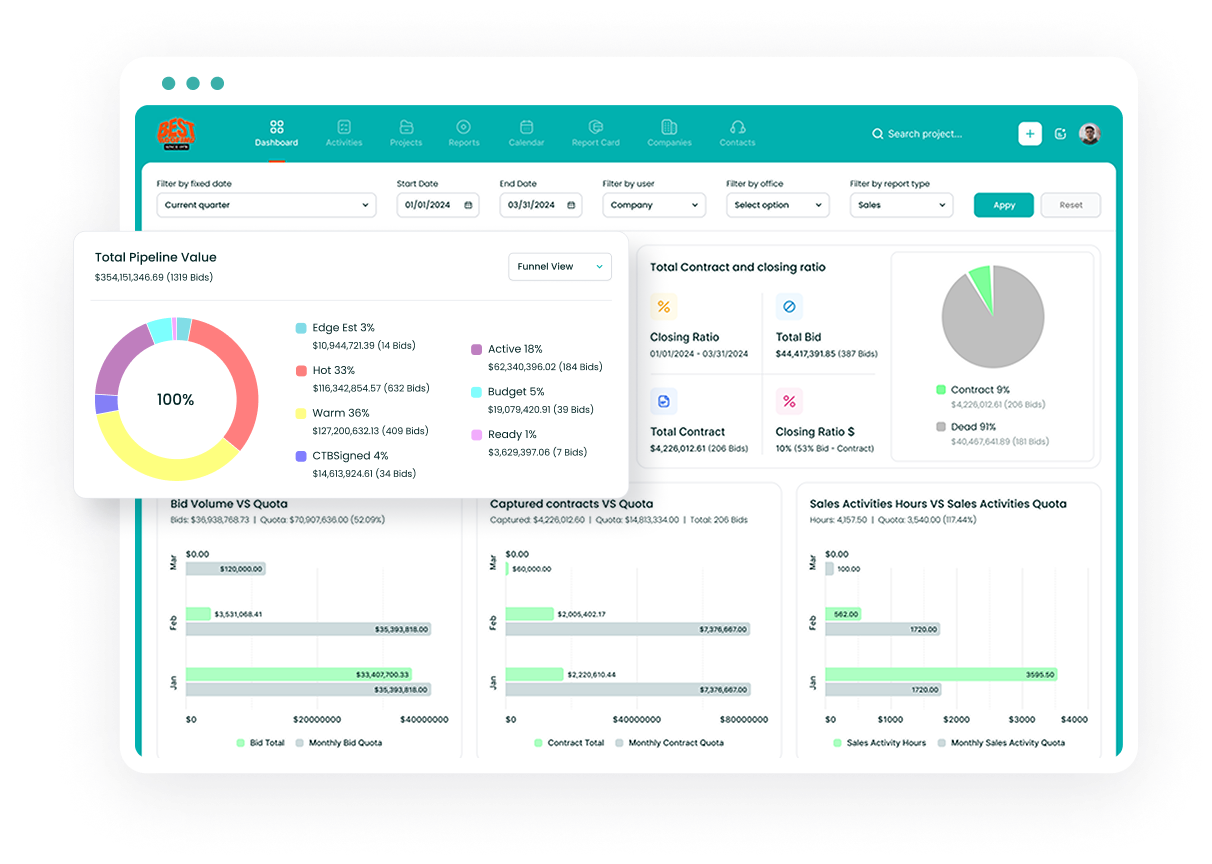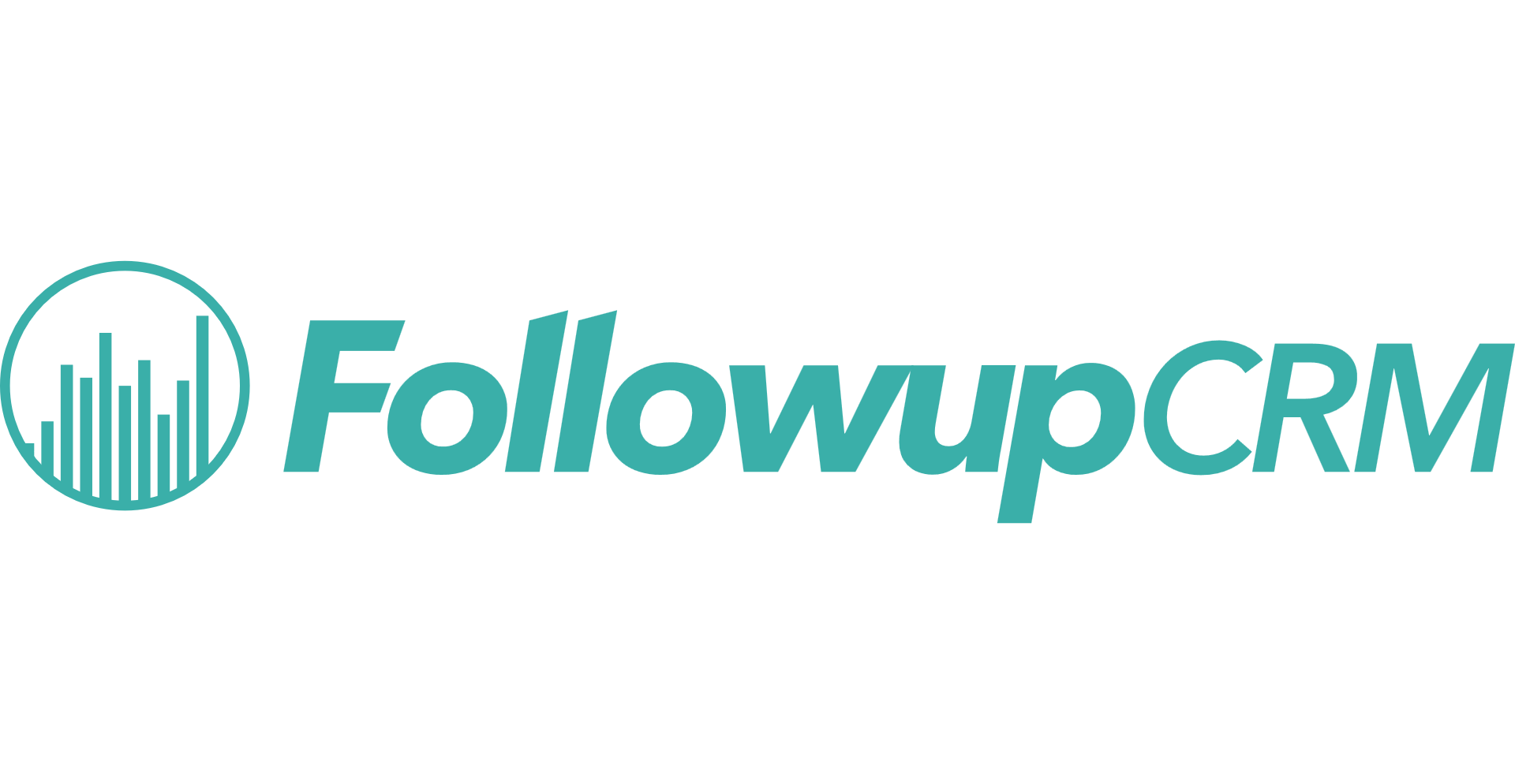Workiz vs Jobber
Field service management software has become a game-changer for service-based businesses, with Workiz and Jobber leading the pack as go-to solutions in today's fast-paced digital world. These powerful platforms have transformed how businesses manage their day-to-day operations, from scheduling appointments to processing payments, catering to everyone from your local handyman to large-scale service enterprises. For service professionals looking to boost their operational efficiency and foster growth, understanding the unique strengths of Workiz and Jobber is key to making an informed decision that aligns with their specific business needs.
Understanding Core Platform Differences and Target Markets
Workiz specializes in providing comprehensive solutions specifically designed for service professionals such as locksmiths, carpet cleaners, and garage door repair technicians. The platform emphasizes automation and specialized features that cater to the unique requirements of home service providers. Their interface prioritizes simplicity while maintaining robust functionality for daily operations management.
Jobber takes a broader approach by serving various service industries, including landscaping, plumbing, and HVAC services. Their platform focuses on scalability and integration capabilities, making it particularly suitable for growing businesses that require extensive customization options. The software adapts well to different business sizes and operational complexities.
Advanced Scheduling and Field Operations Management
The scheduling capabilities of both platforms demonstrate significant advancement in field service coordination. Workiz implements a drag-and-drop calendar interface that simplifies job assignment and includes real-time GPS tracking of field technicians. The system automatically notifies both technicians and customers about schedule changes, reducing communication gaps and improving service delivery efficiency.
Jobber's scheduling system incorporates sophisticated route optimization features that help technicians maximize their daily productivity. The platform excels in handling recurring jobs and complex scheduling patterns, particularly beneficial for businesses with regular maintenance contracts or seasonal service schedules.
These scheduling tools integrate seamlessly with mobile applications, allowing field teams to access critical information instantly. Both platforms have invested heavily in mobile functionality, though Workiz's mobile application receives notably higher user satisfaction ratings for its intuitive design and comprehensive feature set.
Customer Relationship and Communication Features
Modern service businesses require robust customer management capabilities, and both platforms deliver sophisticated solutions in this area. Workiz's CRM system maintains detailed customer profiles, including communication history, service preferences, and payment information. The platform's client portal empowers customers to view their service history and manage payments independently.
Jobber enhances customer relationships through its client hub, which offers features beyond basic service history viewing. Customers can interact with quotes, approve work orders, and handle payments through a user-friendly interface. The platform's communication tools facilitate automated follow-ups and appointment reminders, maintaining consistent customer engagement.
The customer management aspects of both systems extend to:
- Automated appointment confirmations and reminders
- Digital signature collection for service completion
- Customer feedback collection tools
- Detailed service history tracking
- Custom communication templates
Financial Management and Payment Processing
Both platforms offer comprehensive financial management tools that streamline billing and payment processes. Workiz provides customizable invoicing templates and supports various payment methods, including credit cards and ACH transfers. The system handles recurring billing efficiently, making it ideal for businesses with subscription-based services.
Jobber's financial capabilities include batch invoicing functionality, which significantly reduces administrative time for businesses handling multiple jobs simultaneously. The platform also features sophisticated payment tracking and automated follow-up systems for overdue payments.
Payment processing capabilities include:
- Multiple payment gateway integrations
- Automated payment reminder systems
- Custom invoice branding options
- Digital payment collection tools
- Financial report generation
Analytics and Business Intelligence Tools
The reporting capabilities of these platforms provide valuable insights for business optimization. Workiz delivers detailed analytics covering job profitability, technician performance, and revenue forecasting through customizable dashboards that help businesses track essential performance indicators.
Jobber's analytics suite offers comprehensive reporting options that include:
- Detailed financial performance analysis across different service categories and time periods
- Team productivity metrics that help identify areas for operational improvement
- Customer behavior patterns and service demand trends
- Revenue forecasting based on historical data and upcoming scheduled work
- Resource utilization reports for better capacity planning
Integration Ecosystem and Technical Capabilities
The integration capabilities of both platforms reflect their commitment to providing comprehensive business solutions. Workiz maintains essential integrations with popular business tools, focusing on seamless data flow between critical systems. Their integration with QuickBooks, Google Calendar, and Zapier ensures businesses can maintain operational continuity while adopting the platform.
Jobber offers a more extensive integration ecosystem, connecting with various accounting software, marketing tools, and payment processors. This broader integration capability makes it particularly attractive for businesses using multiple specialized software solutions in their operations.
Mobile Functionality and Field Team Support
Mobile capabilities play a crucial role in modern field service operations. Workiz's mobile application receives high praise for its user-friendly interface and comprehensive feature set. The app enables field technicians to manage their daily tasks efficiently while maintaining real-time communication with the office.
Jobber's mobile solution focuses on practical functionality, offering features essential for field operations. While some users note a steeper learning curve compared to Workiz, the application provides robust support for field teams once mastered.
Support and Training Resources
Customer support represents a significant differentiator between these platforms. Workiz maintains 24/7 support availability through multiple channels, including phone, email, and live chat. Their commitment to customer success extends to comprehensive documentation and video tutorials that help users maximize platform benefits.
Jobber provides support during standard business hours and supplements this with extensive educational resources. Their regular webinars and detailed knowledge base help users understand and implement advanced features effectively. The platform's support team receives positive feedback for their expertise and responsiveness during available hours.
Customization and Flexibility for Diverse Business Needs
Both Workiz and Jobber recognize that service businesses come in various shapes and sizes, each with unique operational requirements. Workiz offers a high degree of customization within its platform, allowing users to tailor the software to their specific workflows. This flexibility extends to custom fields, job types, and even automated sequences that can be fine-tuned to match a company's exact processes.
Jobber takes a slightly different approach, providing a robust set of features out of the box that can be adapted to fit different service industries. The platform's strength lies in its ability to scale with growing businesses, offering more advanced features as companies expand their operations. This scalability makes Jobber an attractive option for businesses anticipating significant growth in the near future.
Both platforms understand the importance of adapting to changing business needs. They regularly update their features based on user feedback and industry trends, ensuring that businesses can continue to rely on these tools as they evolve.
User Experience and Interface Design
The user experience of field service management software can significantly impact daily operations and team productivity. Workiz has garnered praise for its intuitive interface, which allows new users to quickly navigate the system without extensive training. The platform's design philosophy prioritizes simplicity without sacrificing functionality, making it particularly appealing to small businesses and those new to digital management tools.
Jobber's interface, while comprehensive, may require a bit more time to master fully. However, many users appreciate the depth of features available once they become familiar with the system. The platform's layout is logical and well-organized, with clear pathways to access different functionalities.
Both Workiz and Jobber have invested in creating mobile applications that extend their functionality to field teams. These apps are crucial for real-time updates and on-the-go management, though user feedback suggests that Workiz's mobile offering may have a slight edge in terms of user-friendliness and feature parity with the desktop version.
Data Security and Compliance Features
In an era where data protection is paramount, both Workiz and Jobber have implemented robust security measures to safeguard sensitive business and customer information. Workiz employs industry-standard encryption protocols and regular security audits to ensure data integrity. The platform also offers features like role-based access control, allowing businesses to manage user permissions effectively.
Jobber similarly prioritizes data security, providing secure cloud storage and regular backups. The platform complies with various data protection regulations, offering peace of mind to businesses operating in industries with strict compliance requirements. Both systems allow for detailed audit trails, which can be crucial for maintaining accountability and tracking changes within the system.
Training Resources and Onboarding Support
Adopting new software can be challenging, especially for businesses transitioning from manual processes or outdated systems. Workiz addresses this by offering comprehensive onboarding support, including personalized training sessions and a library of video tutorials. Their approach focuses on getting teams up to speed quickly, minimizing disruption to daily operations during the transition period.
Jobber provides a structured onboarding process with a mix of self-guided resources and live support options. Their extensive knowledge base covers a wide range of topics, from basic setup to advanced feature utilization. Additionally, Jobber offers regular webinars and training sessions to help users maximize the platform's potential.
Both companies recognize the importance of ongoing education, regularly updating their training materials to reflect new features and best practices. This commitment to user education helps businesses continue to derive value from the software long after the initial implementation.
Choosing the Right Field Service Management Solution
Selecting the appropriate field service management software is a critical decision that can significantly impact a business's efficiency and growth potential. When comparing Workiz and Jobber, it's essential to consider your specific business needs, growth projections, and team dynamics.
For businesses prioritizing ease of use and specialized features for home service industries, Workiz presents a compelling option. Its intuitive interface and industry-specific tools can help streamline operations quickly. On the other hand, companies looking for a highly scalable solution with extensive integration capabilities might find Jobber more suitable for their long-term needs.
Ultimately, the best choice depends on aligning the software's capabilities with your business objectives. Consider taking advantage of free trials offered by both platforms to get hands-on experience before making a decision. Remember that the right software should not only meet your current needs but also support your business as it grows and evolves in the competitive field service landscape.
Sources: [1] https://www.workiz.com [2] https://www.method.me/blog/jobber-vs-workiz-vs-method/ [3] https://www.youtube.com/watch?v=O72DakUq2d0 [4] https://getjobber.com/comparison/jobber-vs-workiz/ [5] https://connecteam.com/jobber-vs-workiz/ [6] https://www.prnewswire.com/il/news-releases/workiz-raises-40-million-series-c-to-make-management-of-home-service-teams-easy-301426527.html [7] https://www.fool.com/the-ascent/small-business/field-service-management/jobber-review/ [8] https://www.workiz.com/vs/jobber-alternative/
The CRM Built For Construction Companies
No more disorganized data. Track your leads, bids, and customers all in one place.
Seamless Integration with:
✅ Foundation ✅ Viewpoint ✅ Sage and more

Request a Live Demo Now
Learn more about how Followup CRM can help your construction company grow.







